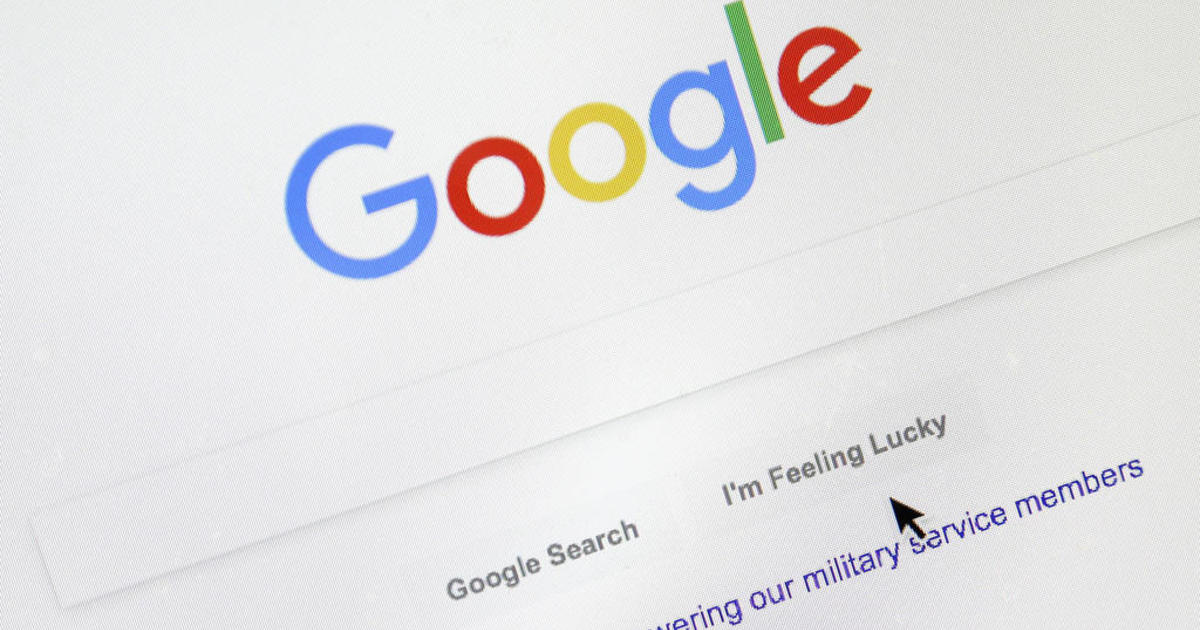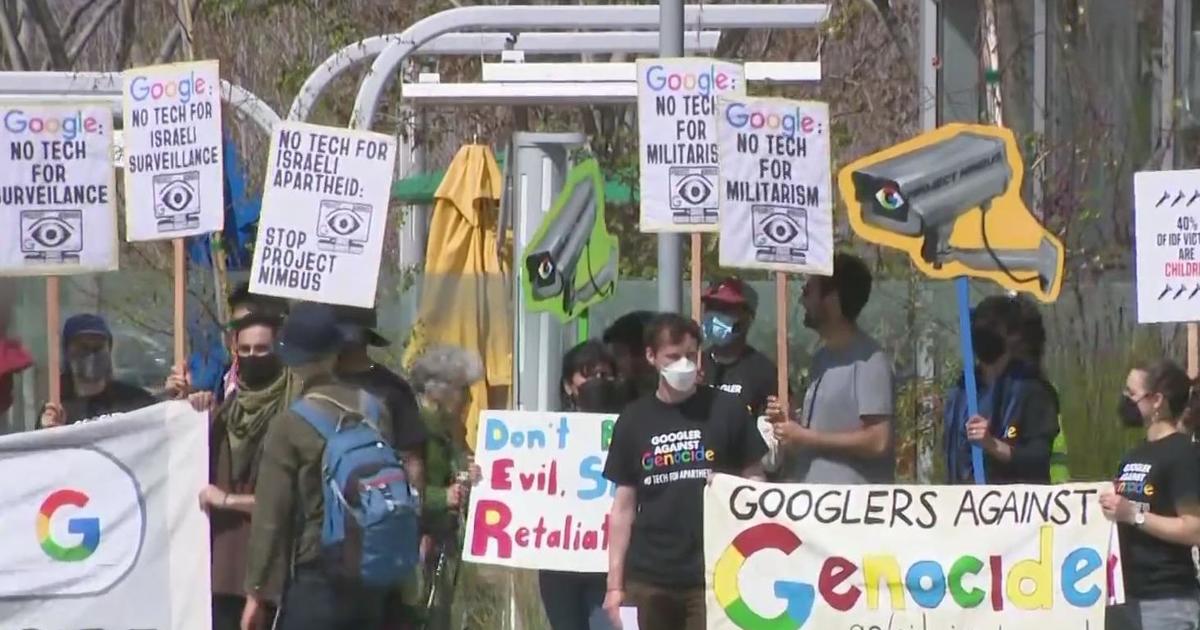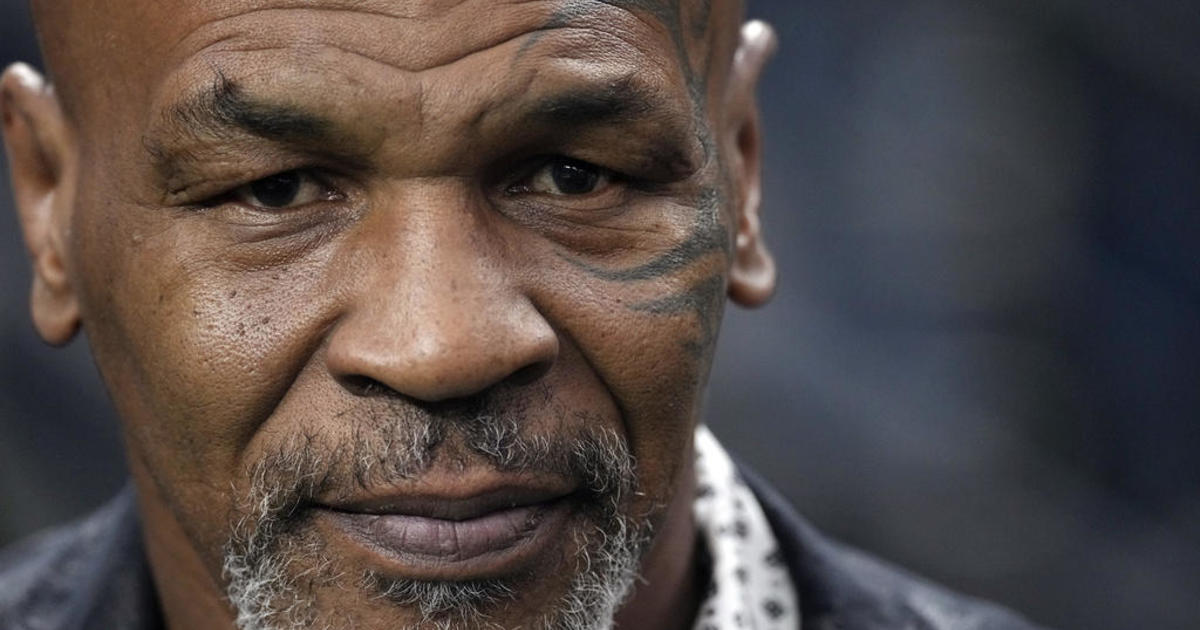ChatGPT maker OpenAI lawyers up with familiar faces to once again challenge Elon Musk's claims
OpenAI, the developer and owner of the artificial intelligence system ChatGPT, and its CEO Sam Altman, have chosen lawyers to represent the company and its officers in their fight with Elon Musk over the structure of the company.
On Monday, court filings in San Francisco Superior Court where Musk's suit is pending, were made by San Francisco-based Morrison & Foerster LLP and New York's Wachtell, Lipton, Rosen & Katz as co-counsel for the defendants.
The choice of the blue-chip law firms was not surprising.
The lead lawyer for Wachtell is Bill Savitt, co-head of the firm's litigation practice and former law clerk for U.S. Supreme Court Justice Ruth Bader Ginsburg. Savitt was the lead lawyer for the social media platform then known as Twitter (now X) in its suit to compel Musk to complete the company's acquisition at the initially negotiated price.
While no decision on the merits was rendered in that litigation, the suit served its purpose: Musk closed the deal at the agreed price.
Savitt's team includes Sarah Eddy and Randall Jackson, both former federal prosecutors. Eddy was a Supreme Court clerk (for Justice John Paul Stevens), a Rhodes Scholar, and she was also on the trial team in the Twitter litigation.
Monday's filings were for the large part routine motions to obtain court approval for the out-of-state New York lawyers to appear pro hac vice -- that is, for purposes of the case -- but one filing gave a taste of the position that OpenAI will take as the matter goes forward.
Musk's suit contends that OpenAI Inc. was structured as a nonprofit corporation and as ultimate owner of the company's technology in order to ensure that the generative artificial intelligence it developed would be for the benefit of "humanity," not for private corporate interests.
Musk alleges that by a series of intentional actions, including the creation of a for-profit subsidiary and the licensing of the company's technology to Microsoft Corporation, OpenAI Inc. abandoned its mission. Musk asks the court to order OpenAI to do what was intended in a so-called "Founding Agreement" that allegedly sets out a contract that compels OpenAI to safeguard its technology for the benefit of the public.
In the sole substantive filing on Monday, Open AI's lawyers asked the San Francisco court to designate the case as "complex," that is, as one that "requires exceptional judicial management to avoid placing unnecessary burdens on the Court or the litigants and to expedite the case, keep costs reasonable, and promote effective decision making by the court, the parties, and counsel."
A case so designated is assigned to a single judge and the proceedings are tailored to deal with the expected intense discovery and motion practice typical in high-stakes cases.
Firm case management is also expected. One of the eight general rules set out in the California Rules of Court for managing complex cases is that "Judges involved in complex litigation should be sensitive to dilatory or abusive litigation tactics and should be prepared to invoke disciplinary procedures for violations."
In San Francisco, only two judges handle complex cases, according to the court's website: Ethan Shulman and Andrew Cheng.
Shulman is a Cal law grad, a former private firm corporate litigator, and was appointed to the Superior Court by former Gov. Jerry Brown in 2013. Cheng is a Yale law grad, a former assistant U.S. attorney, and was appointed to the Superior Court in 2009 by former Gov. Arnold Schwarzenegger.
While OpenAI's request for the case to be deemed complex did not require it to lay out the position it plans to take in the litigation, the company lost no time in telling its side of the story. Not surprisingly, its story is all about Musk.
According to the filing, even though Musk was "an early supporter and board member of OpenAI, Inc." he "quit the company years ago and started his own for-profit AI business."
Contrary to the claims in his lawsuit, Musk "supported a for-profit structure for OpenAI, to be controlled by Musk himself, and dropped the project when his wishes were not followed."
Then to complete its sour grapes defense, OpenAI says, "Seeing the remarkable technological advances OpenAI has achieved, Musk now wants that success for himself."
The filing says that the contract -- presumably the Founding Agreement on which Musk asserts his contract claim -- "never existed."
Indeed, the Founding Agreement is allegedly "a fiction Musk has conjured to lay unearned claim to the fruits of an enterprise he initially supported, then abandoned, then watched succeed without him."
In short, Musk brought his lawsuit, not for humanity as he boldly proclaims, but "to advance his commercial interests."
Along the way, the pleading calls Musk's claims "frivolous" and "contrived," but then, lest the court conclude that the baselessness of Musk's claims is so obvious that the case is not really complex, the lawyers execute a graceful pirouette and say, "the facts Musk purports to put at issue are complicated, highly technical, and span nearly a decade; and the relief Musk seeks is extraordinary and if granted would require ongoing supervision."
All of these factors, they allege, require exceptional case management to ensure the case "is litigated efficiently, expeditiously, and fairly."
The apparent strategy of making the litigation all about Musk will have behind it the tailwinds of the entrepreneur's many public dustups and misadventures, though cutting through all that, there will remain several core questions.
One of those is whether OpenAI Inc. -- as a nonprofit corporation with a charter that says it is organized "exclusively for charitable and/or educational purposes" and not for the "private gain of any person" -- is limited in making its technology available to for-profit companies for massive sums (Microsoft is reported to have invested billions in a for-profit subsidiary of Open AI Inc.).
Another is whether the charter provision that says "the corporation will seek to open source technology for the public benefit when applicable" means that OpenAI Inc. is required to treat its technology as open source (Musk claims the name OpenAI was chosen to reflect the open source commitment.)
Those questions, and undoubtedly many more, may have less to do with Musk and his conduct than how a nonprofit corporation chartered in the state of Delaware is required to conduct itself.
In any event, the parties are now lawyered up and the case is off to the races.



